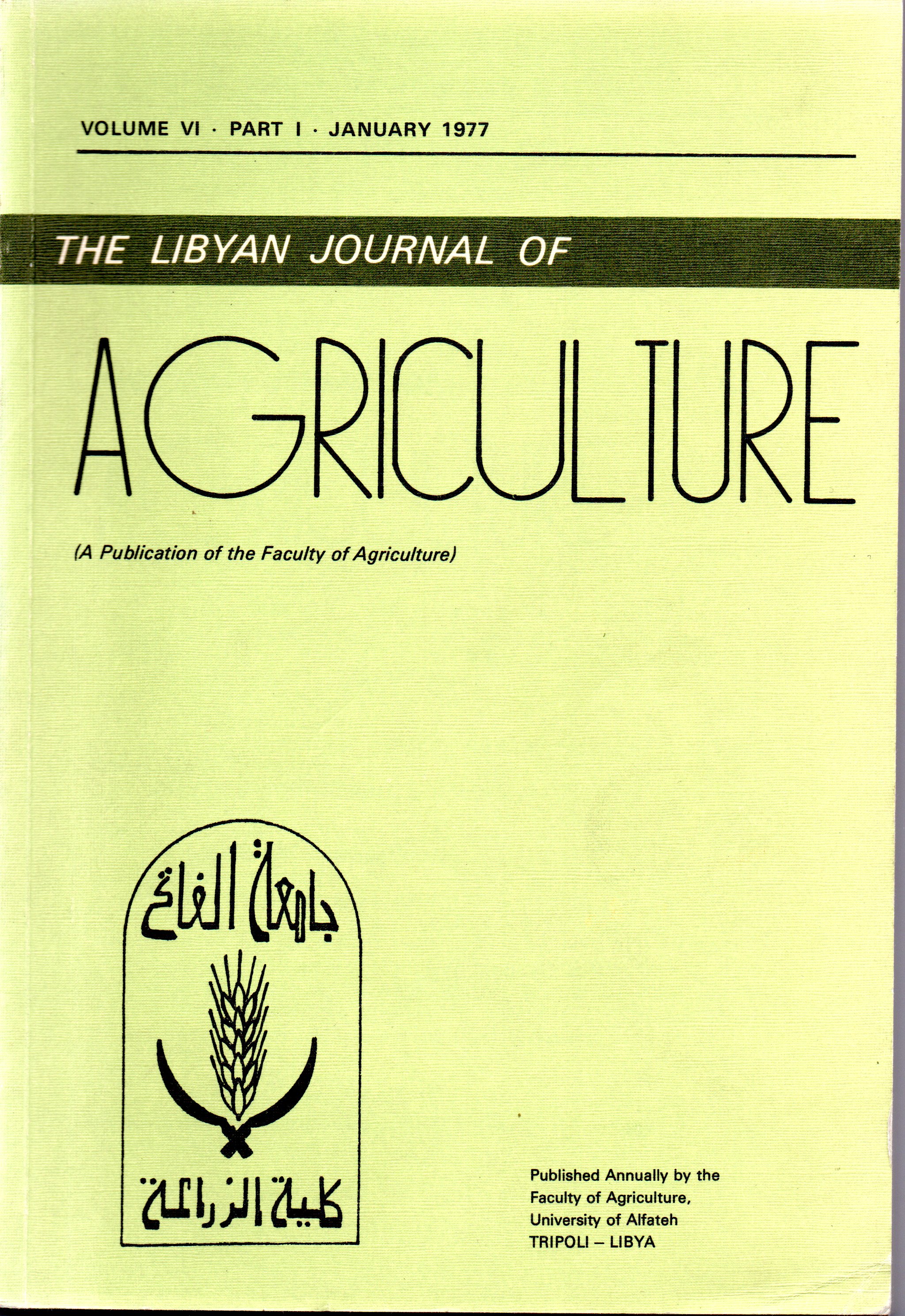Investigations on Rice Herbicides in Egypt I.The effect of herbicidal mixtures on rice grain yield and weeds
Main Article Content
Abstract
Two field experiments were conducted to study the effect of four rice herbicides (Propanil, Molinate, Satrol and MCPA) and their mixtures, as compared with the conventional hand-weeding method, on rice grain yield and weeds at two locations in Egypt. The first experiment was carried out in 1972 at Sakha Agricultural Experiment Station, Ministry of Agriculture, and the second experiment was performed in 1973 at the Faculty of Agriculture Experimental Farm, Alexandria.
In general, all herbicidal applications significantly outyielded the unweeded control. Most herbicides were either equal or superior to hand-weeding in reducing the rice weeds and in increasing the grain yield. Propanil alone was one of the best herbicides because it was effective against the prevalent weeds under investigation.
Propanil and Satrol, either singly or in combinations, were outstanding in reducing rice weeds. Such applications resulted in higher grain yields of rice than hand-weeded treatment.
Molinate and its mixtures were the least effective applications in controlling rice weeds, since they resulted in low grain yield of rice.

